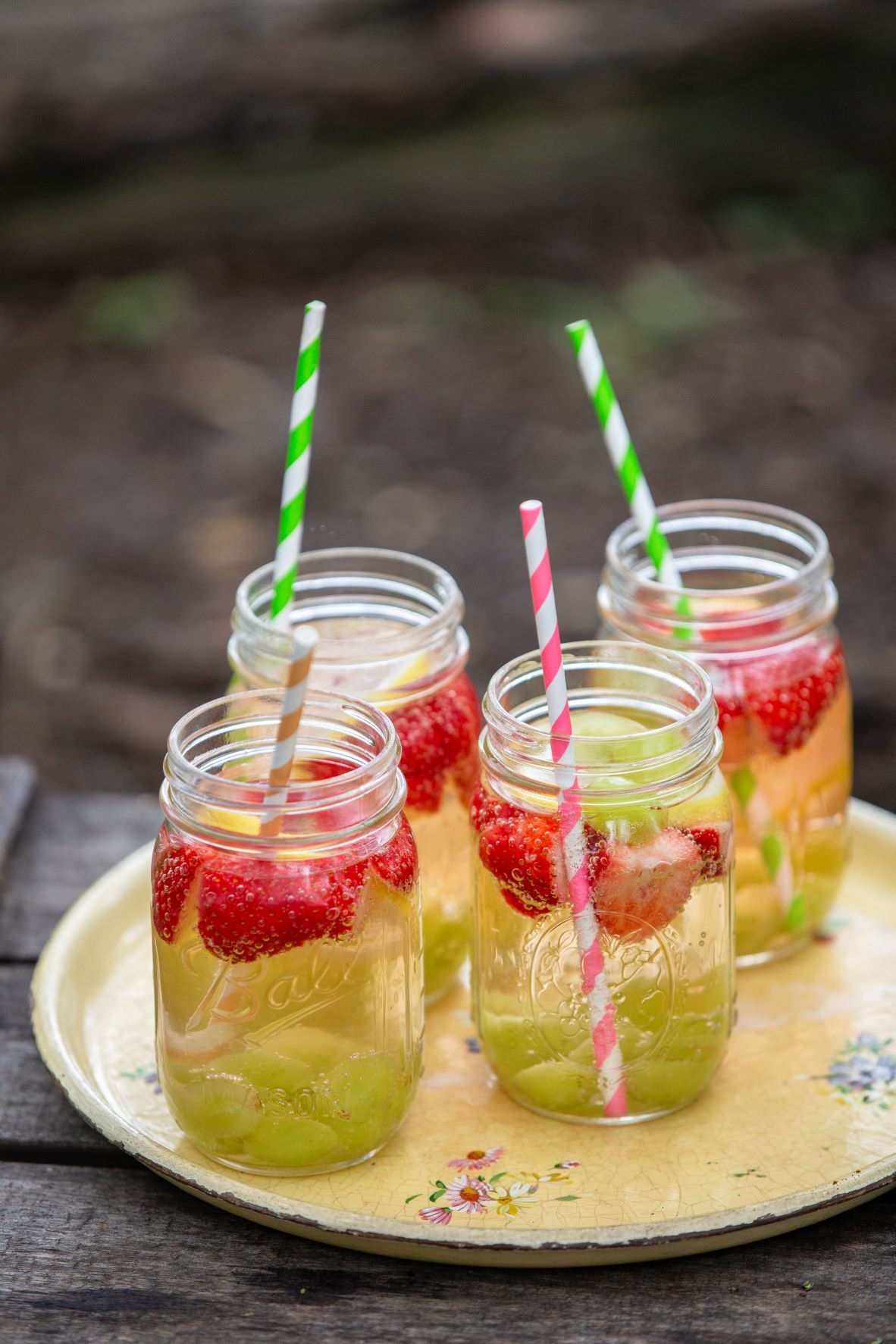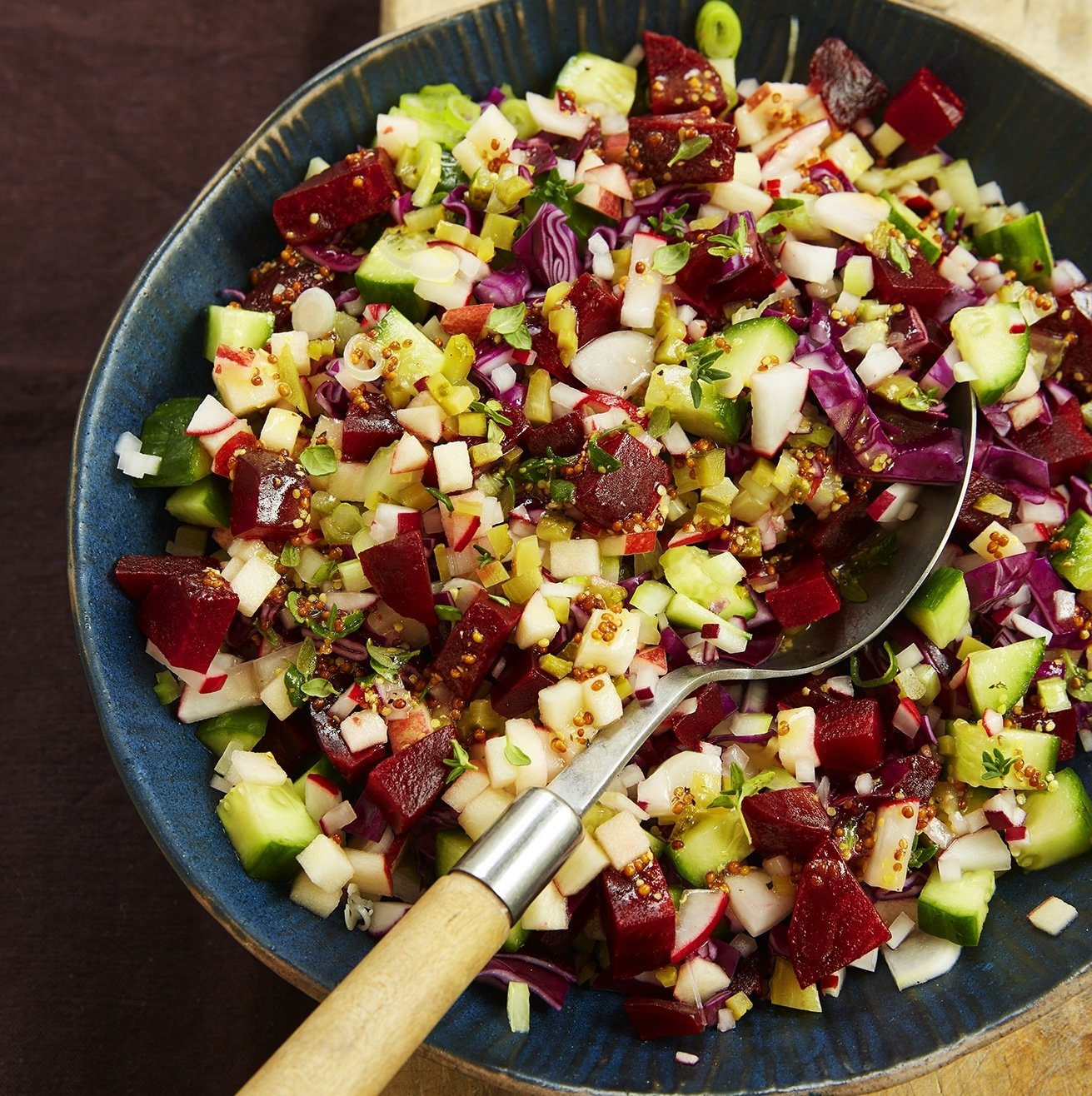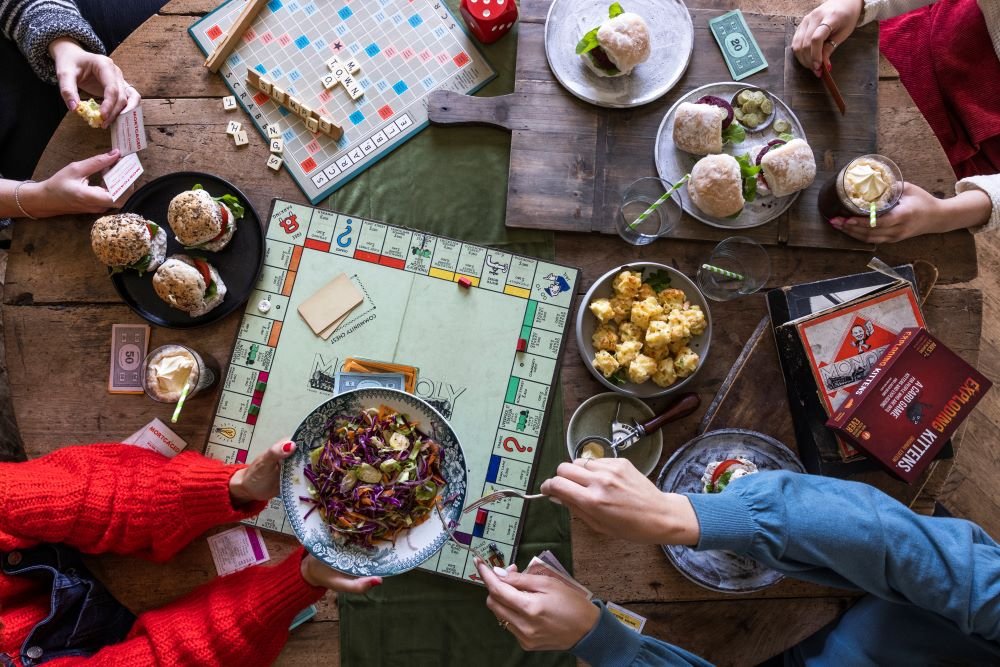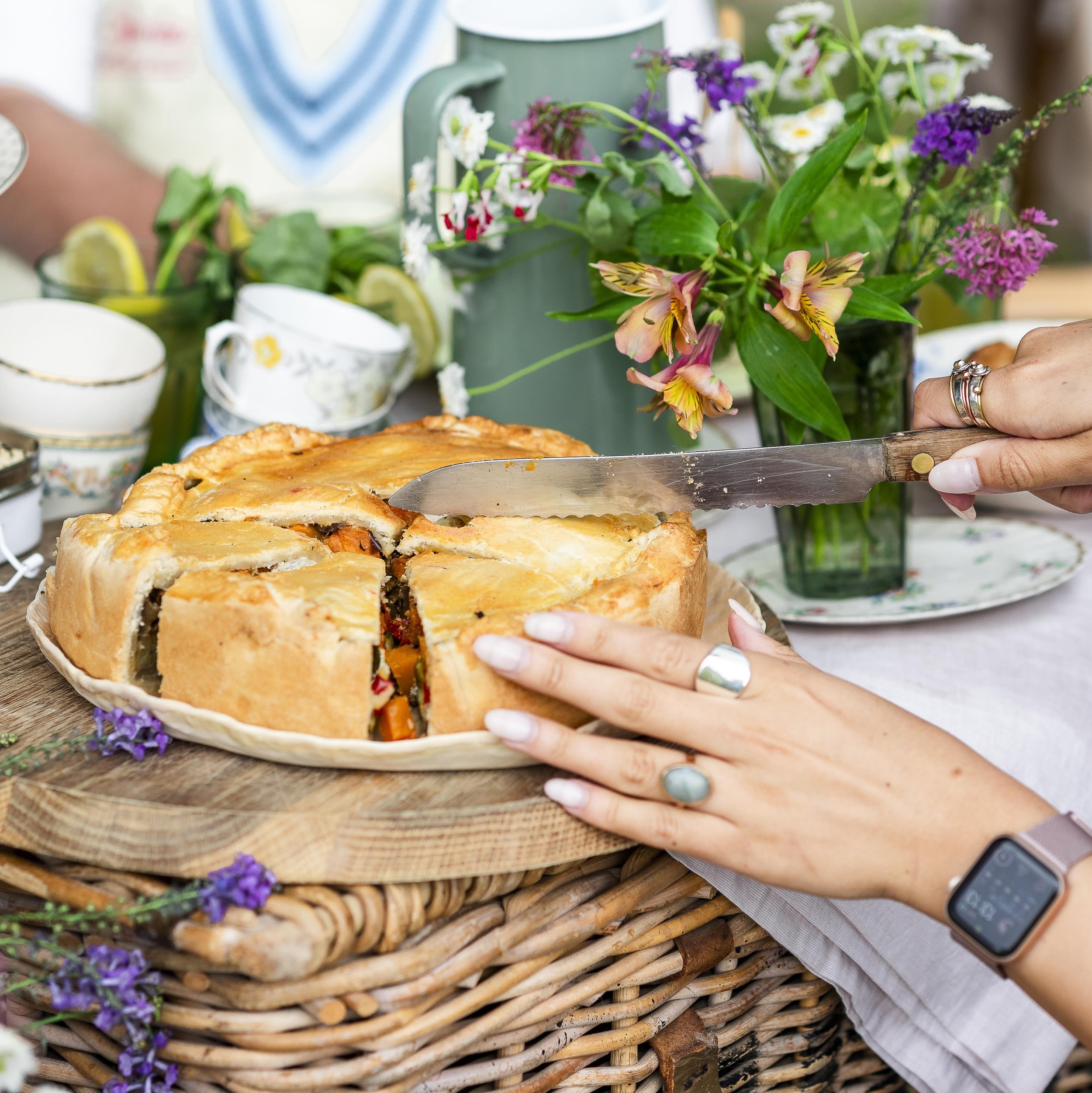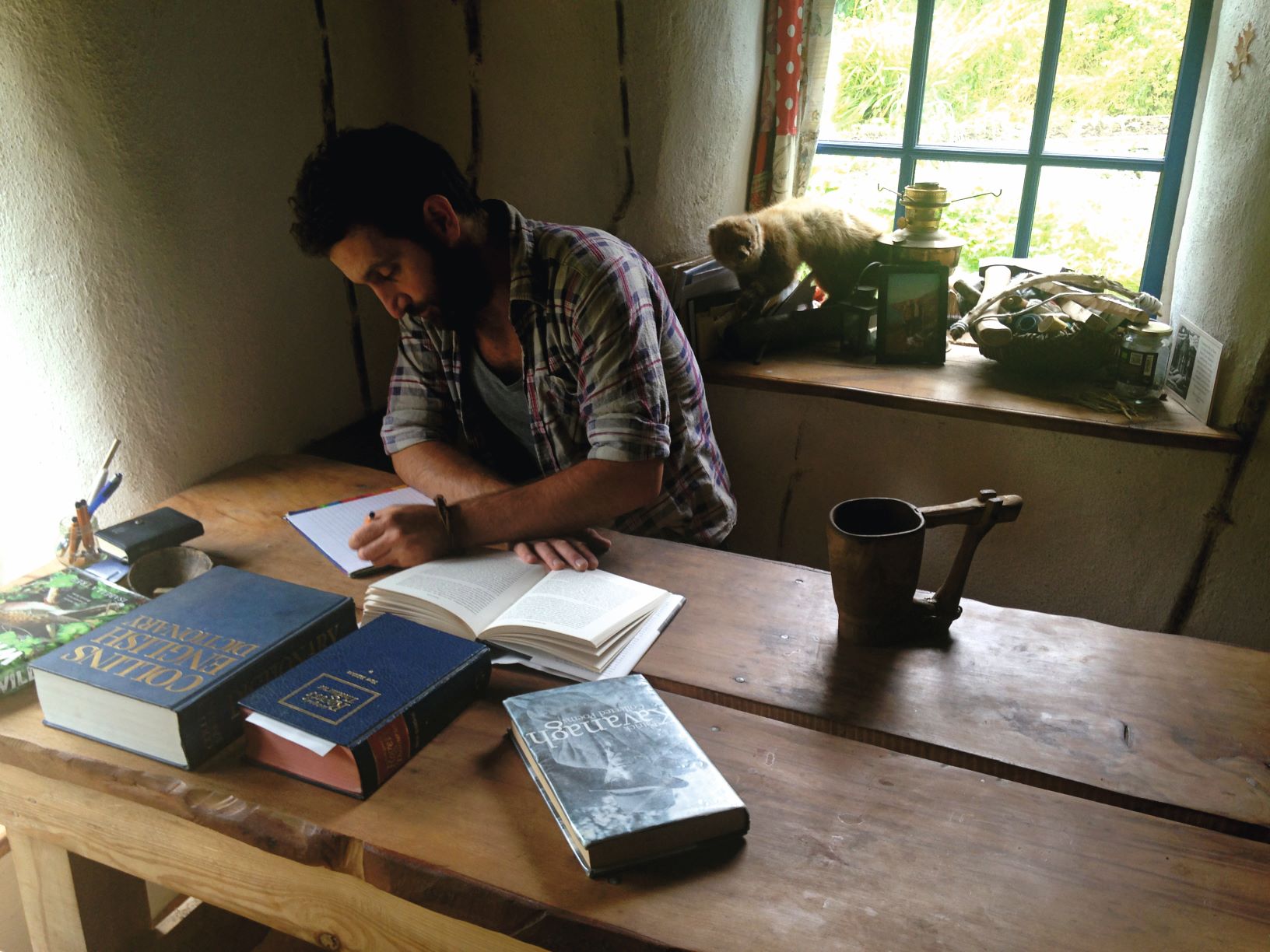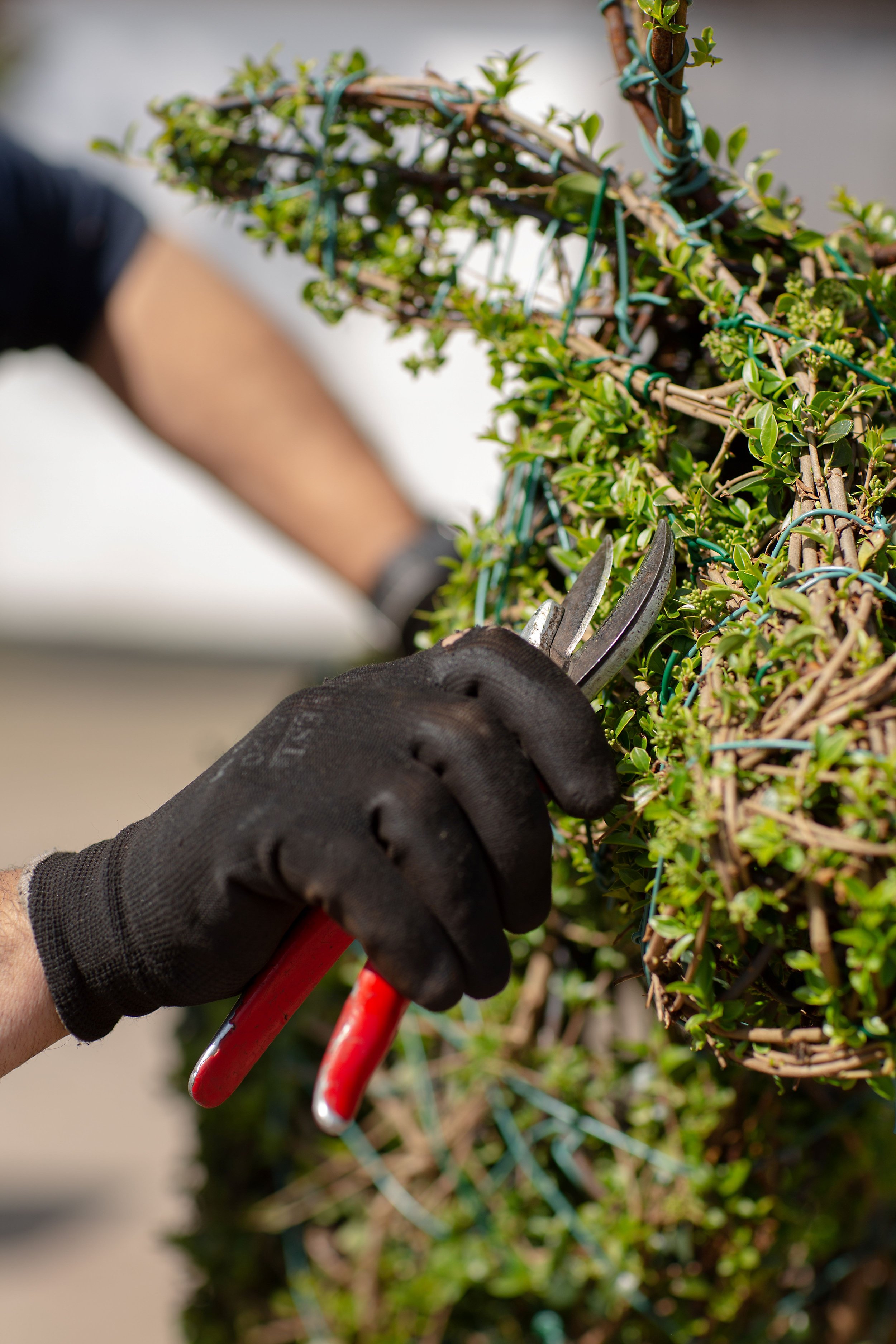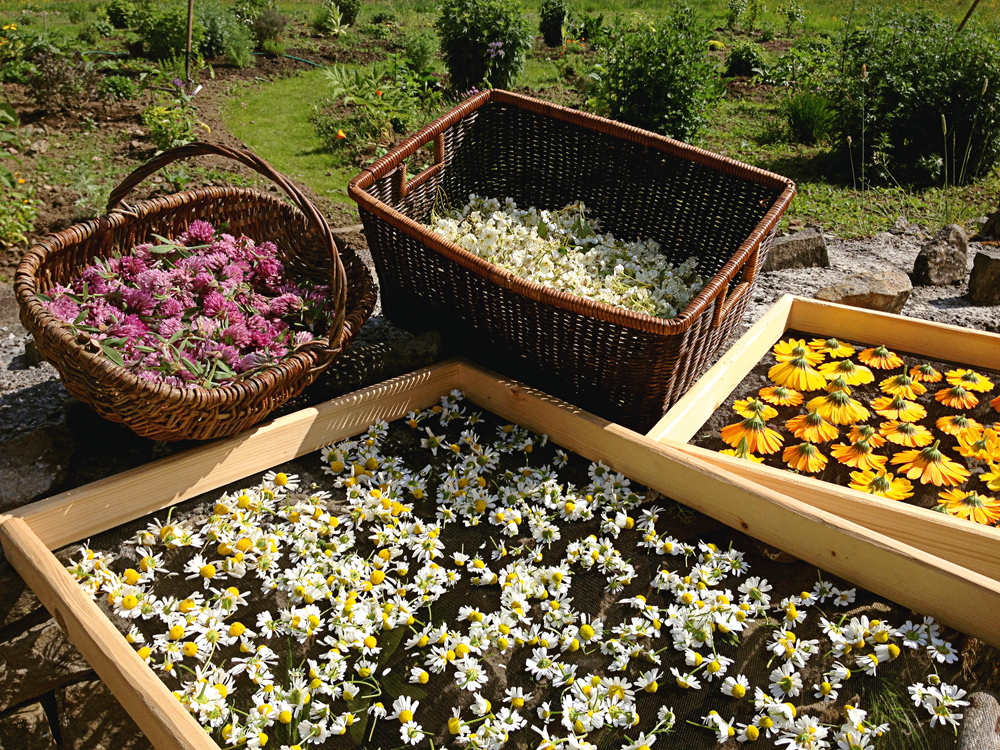Join our card school and learn to play a few traditional games
When the evenings draw in and there’s a chill in the air, it’s the ideal time to dust off a pack of cards and cosy up for the evening. Whether you’re a green visors and whiskies card shark or more of a cup of tea and a quick hand of rummy before bed type, we hope you enjoy learning some of our favourite games.
Black Jack (Brit style)*
BASICS: 4-6 players; 52-card deck. Each player gets seven cards. Remaining cards are placed face down as stock with top card turned over as the starter. First player lays a card on the starter, which must match in either suit or rank, or draws a card from stock. The player continues laying cards in sequence until they can’t go or they lay an action card.
ACTION CARDS:
Two: next player picks up two cards, unless they can play a Two and make the next player pick up four.
Eight: next player misses turn.
Black Jack: next player picks up five cards. A second Black Jack makes the next player pick up ten. Red Jack cancels.
Queen: follow with a card of any suit.
King: reverses play order.
The first person to shed all their cards wins. However, when a player can win on their next go, they must call ‘last cards’ or have to draw a card.
*It’s different to the US gambling game ‘Blackjack’.
Eights
A game best played with two people, also known as Crazy Eights or Swedish Rummy
BASICS: 2–7 players; 52-card deck
Each player receives 5 cards (with two players, each receives 7 cards). Remaining cards are placed face down as the stock, with top card turned up as the starter. First player lays one card on the starter, which must match in either suit or rank. If unable to do this, the player must draw a card from the stock. When the stock is exhausted, a player unable to play must pass.
Eights are wild and can be played on any card, regardless of its suit or rank, with the player specifying its suit. Play ends when any player lays his last card. He scores the total of cards remaining in all other hands: Eights score
50, aces 1, face cards 10, the index value for all others. With two players, the first to reach 100 points wins.
Knockout whist
The classic family favourite. Sniggering at the word ‘trumps’ never gets old.
BASICS: 2–7 players; 52 card deck; Ace is high
Seven cards are dealt to each player. The next card is turned up and becomes the trump suit. The player to the left of the dealer places the first card. Each player must follow the suit led, if possible. If not, play any other card, including a trump card. The highest trump wins the trick or, if no trumps are played, the highest card of the suit led. The winner leads the next trick.
Once all cards are played, players without any tricks are eliminated. The player with the most tricks picks trumps for the next hand; if two people have the same amount of tricks, cut cards to decide. The number of cards dealt decreases by one each hand, until only one player – the ultimate winner – remains.
Ninety-Nine
BASICS: 2 or more players; 52-card deck; you’ll need chips or counters.
Each player is given three counters and dealt three cards.
To play, place one card face up in the centre of the table, calling out the total value of the face-up pile before drawing the top card from the stock. Each card adds its face value in points. Jacks and Queens count as 10.
The following cards have additional effects:
3: skips next player
4: no value, reverses play
9: value of 99
10: adds or subtracts ten from the total
King: no value
Ace: value of one or 11.
If the player cannot place a card without taking the value of the pile over 99, the round ends and they lose one counter.
The winner is the last person left with counters.
Oh Hell!
A trick-taking game, beloved by Bill Clinton and Steven Spielberg, in which the object is to take exactly the number of tricks bid
BASICS: 3-7 players; 52 card deck; Ace is high
Each player is dealt a hand. There are many variations but typically, with
3–5 players, 10 cards each; 6 players, 8 cards each; 7 players, 7 cards each.
Each successive hand is played with one card fewer. After dealing, the next card is turned up and becomes the trump suit. Each player now bids for the number of tricks he thinks he can win. The player to the left of the dealer starts. Each player must follow the suit led, if possible. If not, play any other card, including trump. The highest card of the led suit wins the trick unless ruffed, when the highest trump wins. A player who wins the exact number of tricks bid scores 10 plus the number of tricks bid.
Klondike Solitaire
BASICS: 1–4 players; 52-card deck
One of the most popular versions of Solitaire, Klondike is typically a solo game, but it can be played as a group activity where everyone works together to solve the same shuffle. Players sort cards into foundation piles from Ace to King by suit, while organizing cards into descending order with alternating colors in the tableau.
Klondike is perfect for those looking to relax or sharpen their strategic thinking, either individually or as a team. You can try Klondike Solitaire here and even compete to see who can solve it fastest.
Red Dog
Beat the top card of the pack by having a higher ranking card of the same suit.
Basics: 2–10 players; 52-card deck; Ace is high; you’ll need chips or counters.
Five cards dealt to each player face down (four if more than eight play). Players put up one or any number of agreed chips to make the pool. First player can bet one chip or up to the number in the pool (‘betting the pot’). The dealer turns the top card of the pack. If the player can show a higher card in the same suit he wins back his bet and the pool. If he can’t he adds his chips to the pool, discards his hand and it’s the next player’s go. You can forfeit a hand by adding a chip to the pot and discarding your cards. When there are no chips in the pot, each player adds more and play continues.
More fun and games…



